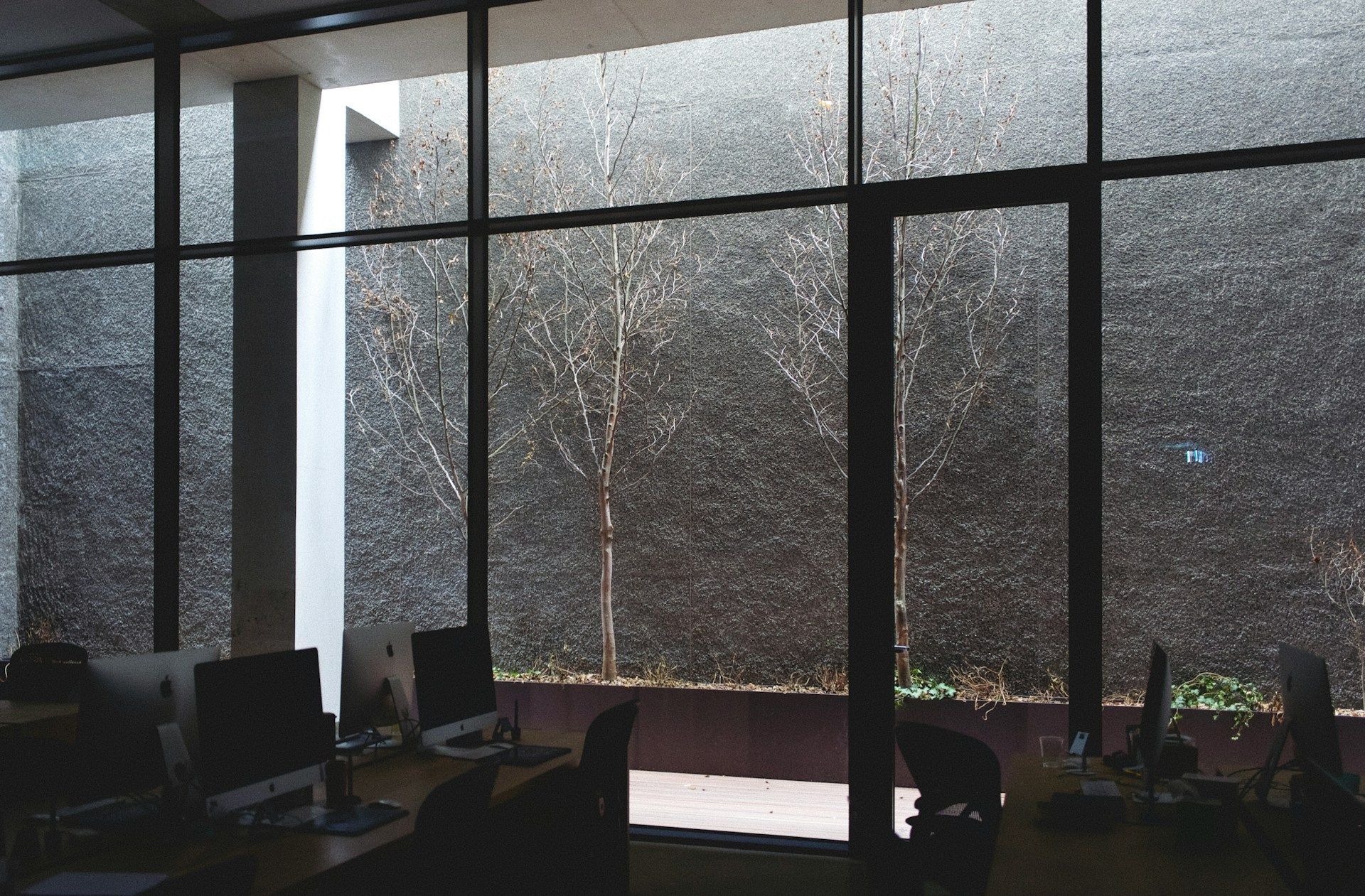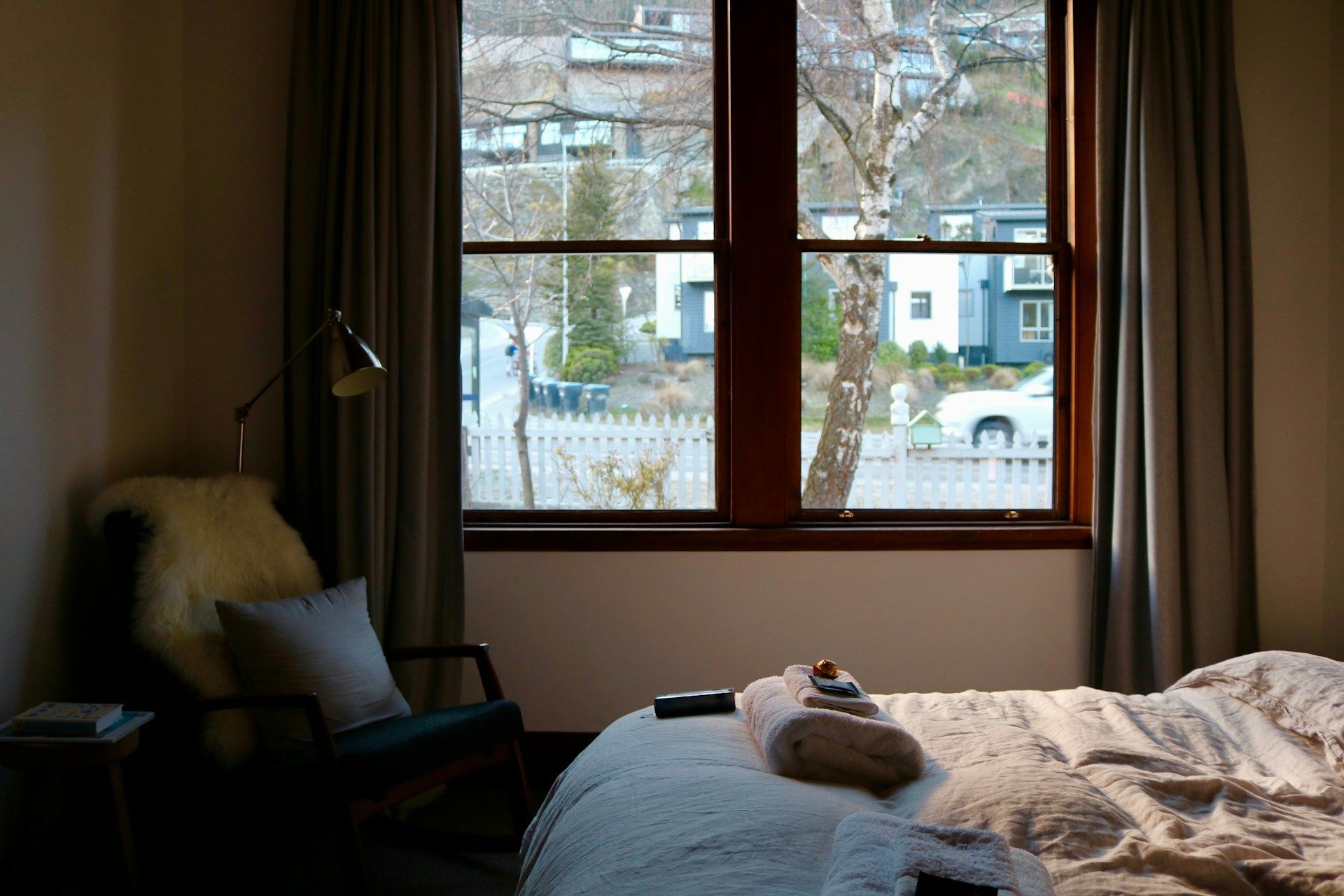How Much Money Can Residential Window Tinting Save You?
Residential window tinting has been known to help you save money, but just how much can it save you? Click here to learn more.

Are you thinking about adding window tinting to your home?
Are you wondering whether or not putting in window tinting will help you save on your energy bill?
Residential window tinting has become a recent phenomenon amongst homeowners who are looking to save on their energy bills. Many homeowners want to find small ways to reduce their overall expenses on their house.
In this article, we will walk you through everything you need to know about window tinting and how it can save you money. Read on and you'll learn whether or not residential window tinting is right for your property.
How Does Residential Window Tinting Work?
Residential window tinting is also known as solar window film. It is a very thin layer of material that is laminated for the purpose of blocking out UV rays.
It helps to keep the sun rays out and improve the climate control efficiency inside your house.
Most homeowners also think that they look great too. They can provide an additional element of privacy when that is lacking in your region or neighborhood.
Some recent research has suggested that home window tinting could add up to major savings for homeowners. Today's market is showing increasing costs for heating and cooling your home. With this in mind, budget-conscious homeowners are looking for easy ways to find dramatic savings on their energy costs.
The evidence shows that residential window tinting can actually block up to 4/5 of solar energy from entering your home. Research shows that this equates to approximately a five to 10 percent reduction in overall utility bills over the course of the year. Depending on your region, it could also amount to significant savings, particularly in cooling costs.
Examples
As an example, a home that is 2000 ft.² in area with a medium to high tint placed on the windows could see a 20% reduction in overall cooling costs.
For business owners, there is data available for commercial buildings as well. A small commercial building can save up to $10,000 per year after the first year and a half that the tinting is applied.
However, there has been a trend in recent years to show that savings actually continue to increase every year.
Technological Improvements In Tinted Windows
This is partly due to improvements in technology. Princeton scientists recently developed a tint that can be tuned to dynamically control natural light entering the building. These are called smart windows and are actually relatively inexpensive to purchase.
These smart windows are self-powered and can be installed quickly. They are designed to result in a 40 percent savings on energy costs for the average building.
Getting The OK For Your Window Tinting
Before you get started adding window tint to your residential home, you need to contact your window manufacturer. The reason is that you need to confirm that installing a film onto the window won't invalidate a potential warranty.
Sometimes manufacturers clearly state that a product malfunction or damage resulting from putting on a third-party window film will not be covered. From there on out, any damage to that window will be in question from a warranty perspective.
We also want to be aware of the fact that window tints tend to work better on clean windows in good functioning condition.
The window frame also matters too. If you're trying to improve your energy efficiency but your window frame is structurally unsound, you'd be better off saving money by replacing the window instead of tinting it.
Savings
So how much can you save?
The amount of money will be able to save by adding content to your residential windows will be dependent on several factors. First, you need to factor in the number of windows and how large they are.
It will also depend on the type of glass in the direction that the glass faces. For example, you may have different savings on a sky roof window versus a typical vertical window.
There are different types of films, and you will need to factor in which type of film you want to provide the most savings for your upgrade.
In colder regions, you may need to add a spectrally selective film. This will improve the overall energy efficiency in colder climates.
In the United States, southern-facing windows will get the most direct sunlight, and that's where you'll be able to save energy the most by adding tint to your window. If you plan to add window tinting to southern-facing windows, you will be able to save money more easily.
Paying Dividends
Similar to putting in a solar energy system, it can take multiple years before you actually begin to see cost savings. But don't forget that you can save up to 15 percent annually on your energy bills by switching to a tinted window. For now, you can also get up to 10% of the cost of insulation back as a tax credit. This information is available from your local utility company.
For home residences, you can expect to save up to 10 percent per year on your energy bills. For businesses located in small commercial buildings, the savings will likely be more to the tune of tens of thousands of dollars.
Where To Start With Residential Window Tinting
If you are looking to add residential window tinting to your home upgrades in the next year, you are making a smart choice. Depending on the type of windows, their size, direction, and the tint you choose, you can save up to 10% annually on your utility bills.
If you are interested in installing window tints in the Atlanta region, look no further. Please contact us at Solarworks Glass Tinting and we will be happy to discuss your tinting project with you.












